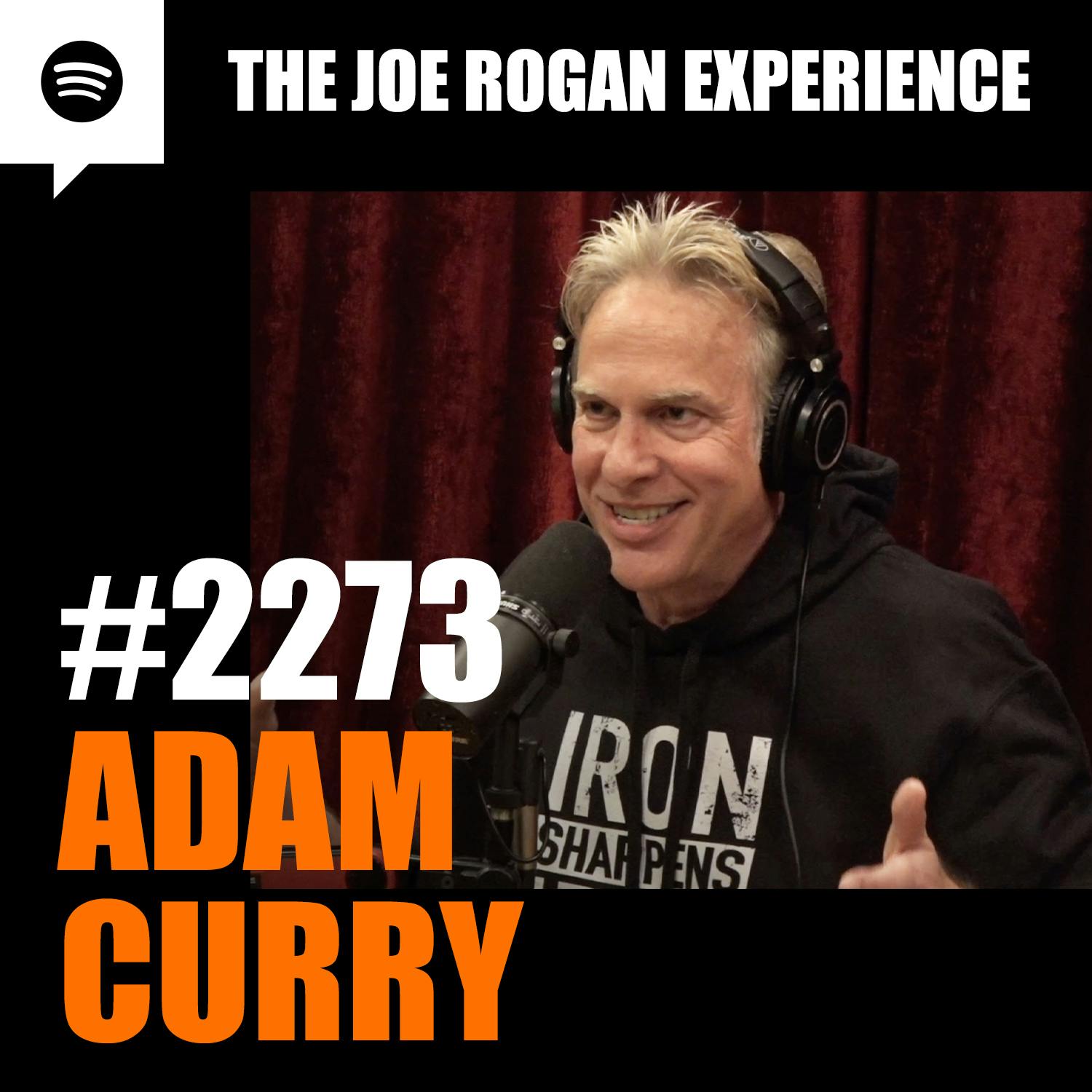
November 13, 2024 • 2hr 23min
#2228 - Josh Dubin
The Joe Rogan Experience

Key Takeaways
- Josh Dubin discusses the recent incident with Sheldon Johnson, a previously exonerated client who was later arrested for an alleged murder, highlighting the complexities of criminal justice reform work
- The importance of mental health counseling and support for formerly incarcerated individuals during their reintegration into society
- Discussion of the "Ohio Four" case where four men were wrongfully convicted based on unreliable witness testimony and lack of evidence
- Analysis of how the legal system can be weaponized for political purposes, using recent high-profile cases as examples
- The role of media bias and selective fact-checking in shaping public narratives
- The need for reform in how the justice system handles post-conviction evidence and witness recantations
Introduction
Josh Dubin, a criminal justice reform advocate and civil rights attorney, returns to discuss recent developments in his work, including addressing the aftermath of a controversial case and introducing a new wrongful conviction case he's working on. The conversation covers the challenges of criminal justice reform, the importance of mental health support for formerly incarcerated individuals, and the complexities of the legal system.
Topics Discussed
The Sheldon Johnson Case and Its Aftermath (0:00)
The episode begins with a discussion of Sheldon Johnson, a previously exonerated client who was later arrested for an alleged murder. Dubin reflects on the impact this had on his work and reputation:
- The incident occurred about a month after their previous podcast appearance
- Dubin emphasizes the importance of not letting this incident discourage the broader work of criminal justice reform
- The case highlighted the need for better mental health support and monitoring of formerly incarcerated individuals
- "I have to swallow the jagged pill that this work comes with some letdowns" - Josh Dubin
Mental Health Support for the Formerly Incarcerated (14:30)
Dubin discusses the critical importance of mental health support for those released from prison:
- The trauma of long-term incarceration requires dedicated mental health counseling
- There's often a stigma in certain communities about seeking mental health help
- The need for systematic support systems during reintegration into society
- "You cannot undo decades of confinement. You just can't. And they all need mental health counseling, all of them." - Josh Dubin
The Ohio Four Case (50:09)
Dubin introduces a new case he's working on involving four men wrongfully convicted in Ohio:
- The case involves Al Cleveland, Lenworth Edwards, John Edwards, and Benson Davis
- The conviction was based solely on testimony from William Avery Jr., who later recanted
- No physical evidence connected the men to the crime
- The FBI had warned prosecutors about the unreliability of the witness
Legal System and Political Weaponization (1:39:40)
Discussion turns to how the legal system can be used as a political weapon:
- Analysis of recent high-profile cases where the legal system appeared to be used for political purposes
- The role of prosecutors in pursuing cases for political gain
- Impact on public trust in the justice system
- "It's really easy to put someone in jail. Real difficult to get him out." - Josh Dubin
Media Bias and Fact-Checking (2:00:25)
The conversation explores how media bias affects public perception:
- Selective fact-checking by media outlets
- The impact of incomplete or misleading reporting
- How narratives can be shaped through selective presentation of information
- The role of social media in amplifying certain perspectives
Criminal Justice Reform Challenges (2:15:05)
Discussion of ongoing challenges in criminal justice reform:
- The resistance to change within the system
- The importance of public awareness and support
- The need for systematic changes in how evidence is handled
- The role of conviction integrity units
Future of Criminal Justice Reform (2:30:00)
The conversation concludes with thoughts on the future of criminal justice reform:
- The importance of continuing to fight for wrongfully convicted individuals
- The need for broader systemic changes
- The role of public awareness and engagement
- The importance of maintaining hope despite setbacks
Conclusion
The episode provides a deep dive into the complexities and challenges of criminal justice reform work. Through discussion of specific cases and broader systemic issues, Dubin highlights both the progress made and the significant work still needed in reforming the criminal justice system. The conversation emphasizes the importance of mental health support for formerly incarcerated individuals and the need for continued public engagement in criminal justice reform efforts.









